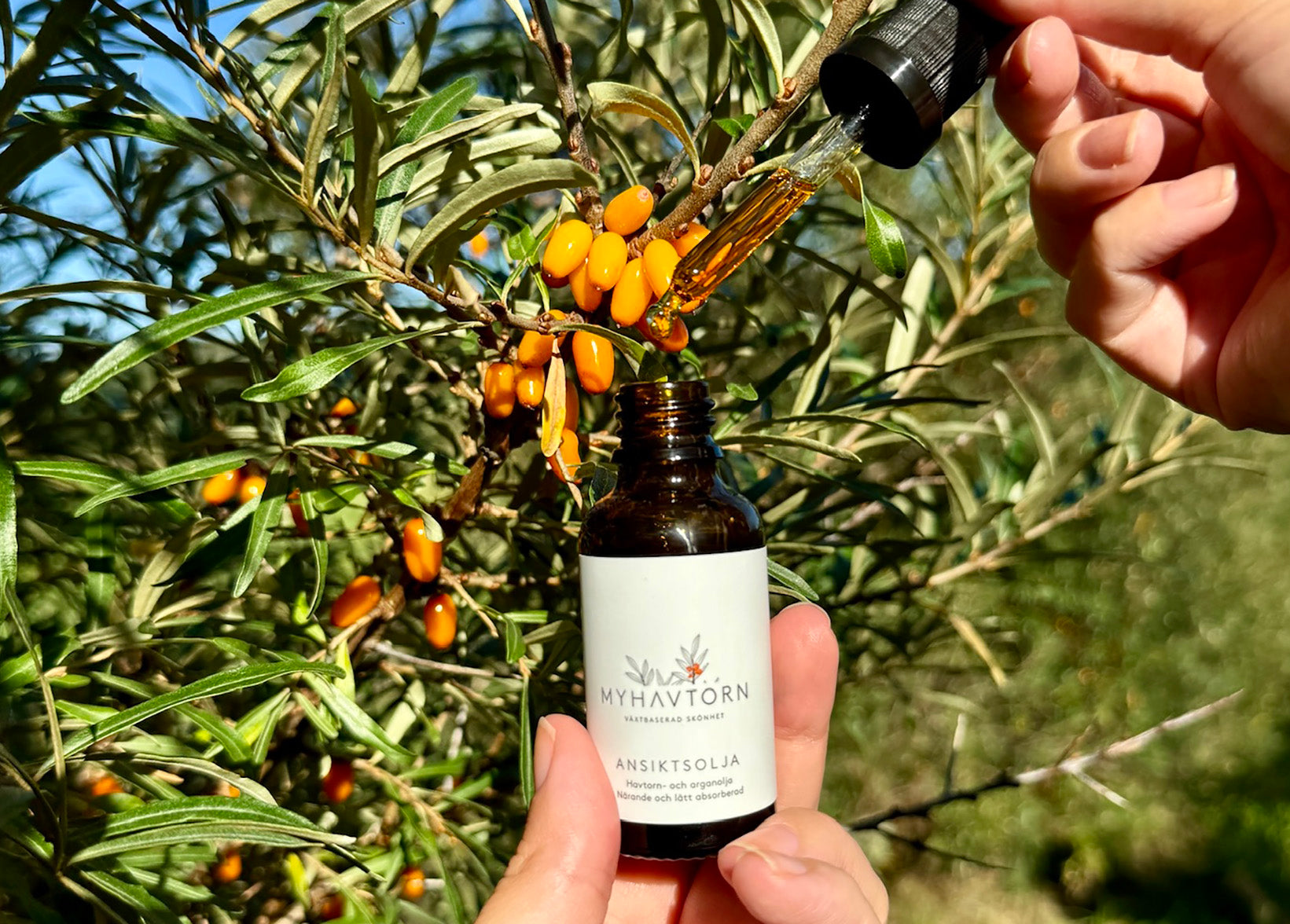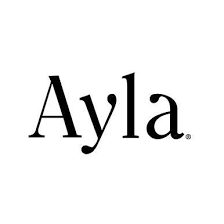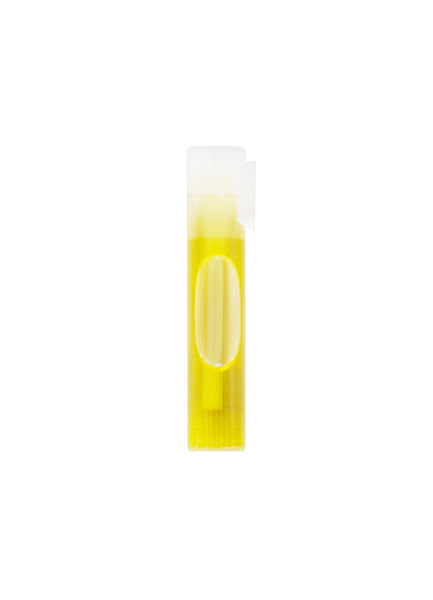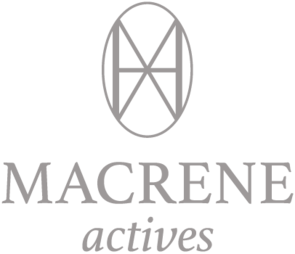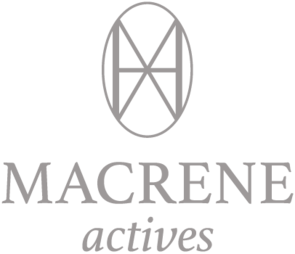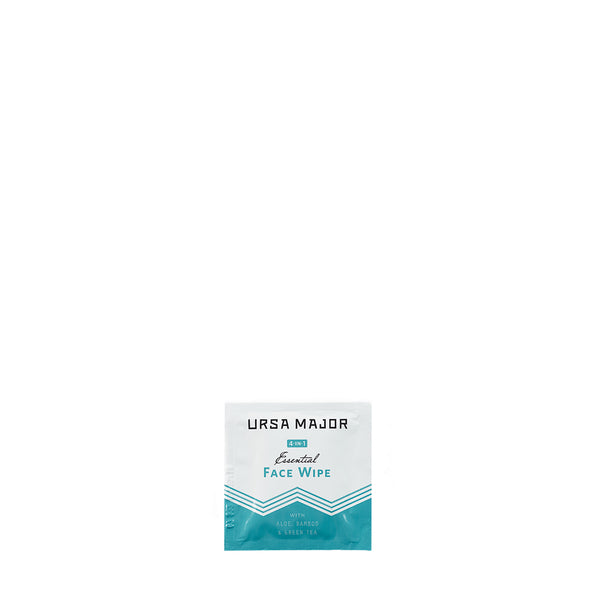Recent Articles
Advice from Dr. Pedro Catalá, master formulator
A couple of years ago, we heard the following surprising nugget from a customer: “I don’t know…I’ve heard that hyaluronic acid is bad, so I’m avoiding it.”
We peeled ourselves off the floor and asked Marie Veronique to help us address this, which she very kindly did, in very Marie fashion. TLDR: hyaluronic acid is good stuff. Friend, not foe! Hero, not villain!
But we still hear that surprising nugget every once in a while, so we asked Pedro Catalá, founder and master formulator for TWELVE Beauty, to address it, too. Because whenever someone says an ingredient is bad for your skin, a little doubt is bound to lodge itself in your mind: it’s a natural response. But as you read Pedro’s longer opinion on the topic, remind yourself that he has a pharmacy degree in addition to a PhD in natural product formulation, a subject he also teaches at the University of Siena, and weigh his advice accordingly. We’re hoping those credentials will help tip the scales so much that the doubt evaporates — poof! — like magic.

Hyaluronic Acid (HA) seems to be the holy grail, the one-size-fits-all solution in skincare. Along with retinol (and its derivatives), vitamin C, and exfoliating acids, HA holds a top spot among the most popular skincare ingredients.
HA is a fantastic ingredient, and this isn't just my opinion—science backs it up. However, in recent months, we've seen a backlash against it from influential figures with large followings in the skincare community. These experts come from different backgrounds, but they all seem to be questioning HA. In light of this, Dara invited me to share some insight, clear up misconceptions, and explain why HA remains such an important skincare ingredient, how to use it properly, and how to maximize its benefits.
Before we get into the dos and don’ts, it’s crucial to understand how the skin works and why hyaluronic acid is so effective, especially when paired with other ingredients. Think of the skin as a protective barrier made up of both water-loving (hydrophilic) and oil-loving (lipophilic) ingredients. This is why I always recommend using HA in combination with an oil or a moisturizer (which contains both water and oil). Similarly, oils are often loved for their nourishing qualities and the comfort they bring to the skin, but on their own, they’re not enough. Oils work best when combined with a water-based product, like a hyaluronic acid serum, for the reasons mentioned above. It's all about "feeding" the skin with its essential components.
From a scientific standpoint, it’s important to know that HA is classified as a humectant. Humectants are ingredients that help draw moisture into the skin. These are widely recognized and described in textbooks, but interestingly, in all the editions I have from the 70s, 80s, and 90s, there is no mention of HA. Of course, it existed, but the source was from cockscombs, making it difficult to extract and not widely available. Thankfully, with advances in technology, HA is no longer facing supply issues, and it's widely accessible.
What worries me, though, is when I read that one of the most common humectants, glycerin, is considered better than HA. Glycerin is cheaper, yes, but it’s not better.
Setting aside oil-based products, humectants in doses between 2.5-5% are necessary to maintain the stability of a formula and to prevent your “creamy” moisturizer from turning into a dry, hard brick. I often refer to glycerin as a double-edged sword, because its hydrating effects depend on the humidity in the air. Normally, humectants pull water from the atmosphere into the skin. But in extreme conditions—like on an airplane or in the world’s driest deserts—humectants may pull moisture from your skin instead. That’s why it's important to use glycerin in moderation, as its effectiveness depends on the dose.
In my opinion, comparing glycerin to HA is a mistake. Although they belong to the same chemical family, they work in very different ways. Think about two brothers being completely different from one another. In the case of HA, size matters. The hydrating effect comes from the larger molecular form, while smaller versions of HA focus on fine lines and plumping. The larger version of HA doesn’t penetrate deeply into the skin but instead forms a thin, permeable film on the surface, which reduces the risk of water loss. This invisible process is called Trans Epidermal Water Loss (TEWL). Another mistake in formulation is replacing one humectant with another. High-molecular-weight hyaluronic acid works well in very small doses (as low as 0.05%). Adding more than 2% can make formulas too sticky and uncomfortable to apply.
To summarize, here are my conclusions:
1. Hyaluronic acid is an excellent ally for the skin.
2. Hydration and moisturization are a two-part process, involving both a healthy skin barrier and the right amount of moisture.
3. HA won’t solve all your skin problems on its own—it’s a key player but not a cure-all.
4. If you want to make well-informed skincare decisions, consult professionals—whether it’s from skincare guides, brand owners, or dermatologists. Each may have a different approach, but the bottom line is: HA is a skincare hero.
Love, Pedro
***
(Thanks for taking down the anti-HA myth, Pedro. And, dear readers, if you aren't already familiar with this good friend of ours, you can learn more about him here.)



